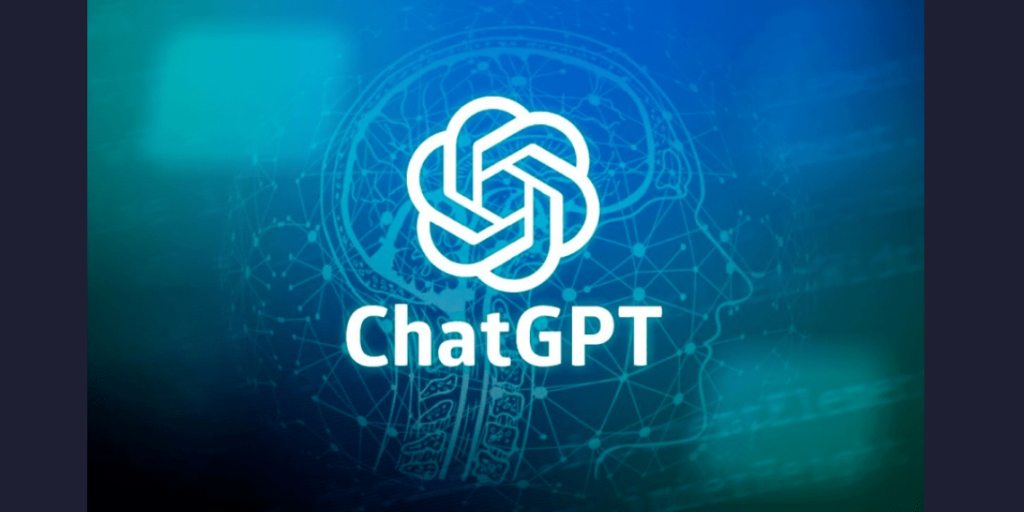ChatGPT Diagnoses Toddler’s Chronic Pain After 17 Doctors Couldn’t Over 3 Years
In an unusual case, ChatGPT, developed by OpenAI, successfully diagnosed a 4-year-old boy’s chronic pain condition in the United States after 17 doctors failed to do so over a three-year period.
The boy, Alex, began experiencing pain and severe meltdowns during the COVID-19 lockdown when he was 4 years old, which were temporarily relieved with painkillers. His condition was accompanied by symptoms such as chewing objects, stunted growth, imbalances between his left and right sides, worsening headaches, and extreme fatigue.
Despite consulting 17 different doctors, including dentists, pediatricians, and neurologists over the course of three years, none of them could provide a diagnosis for his symptoms.
Frustrated by the lack of answers, Alex’s mother, Courtney, turned to ChatGPT. She meticulously entered Alex’s medical information into the system, hoping to uncover a diagnosis. One specific detail, Alex’s inability to sit crisscross applesauce, stood out to her as potentially indicative of a structural issue.
To her surprise, ChatGPT suggested that Alex might have tethered cord syndrome, which made sense to Courtney. Seeking further validation, she joined a Facebook group for families with similar experiences, finding that their stories closely resembled Alex’s.
Eventually, a new neurosurgeon confirmed ChatGPT‘s diagnosis by examining Alex’s MRI images and identifying occult spina bifida, along with the tethered spinal cord.

Tethered cord syndrome occurs when spinal cord tissue forms attachments that restrict its movement, leading to abnormal stretching. It is often associated with spina bifida, a birth defect characterized by incomplete spinal cord development and exposed nerves.
This case highlights the potential of chatbots like ChatGPT to assist healthcare providers in diagnosing medical conditions and communicating with patients effectively. Research has shown that chatbots can provide accurate diagnoses up to 72% of the time, although they still have limitations, including accuracy and potential biases.
Also read: Salaar: Part 1 – Ceasefire” Team Announces Postponement of Release Date

